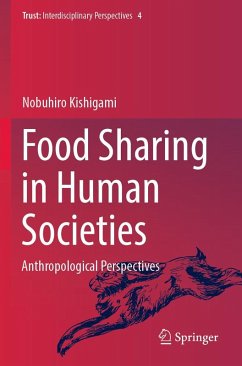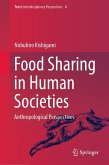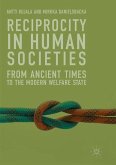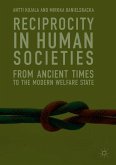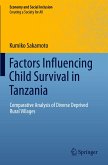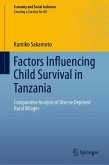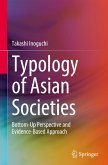This book explores why human beings share food with others using a humanistic anthropological approach. This book provides a comparative examination of distinct features and historical changes in food-sharing practices in various hunting-gathering societies, especially in the Inuit. The author considers human nature through various human food-sharing practices. Food sharing is a characteristic of human behavior and has been one of the central topics in anthropological studies of hunter-gatherers for a long time. While anthropologists have attempted to understand it in functional, historical, adaptational, social, cultural, psychological, or phenomenological perspective, they have failed to convincingly explain its origin, variation, existence or/and change. Recently, evolutionary ecology or behavioral ecology has dominated research of the topic. However, neither of them adequately considers social, cultural and historical factors in the analysis of human food-sharing practices. Thisbook is an essential and fundamental study for every researcher interested in the relationship between human nature, society and culture.
"Kishigami does an admirable job in providing a very comprehensive and useful bibliography. For all the reasons noted above, plus more that I have not mentioned, Food Sharing in Human Societies: Anthropological Perspectives is an important volume and solid contribution to the literature on sharing that is useful to specialists and accessible to students." (George W. Wenzel, anthrobookforum.americananthro.org, January 30, 2023)

